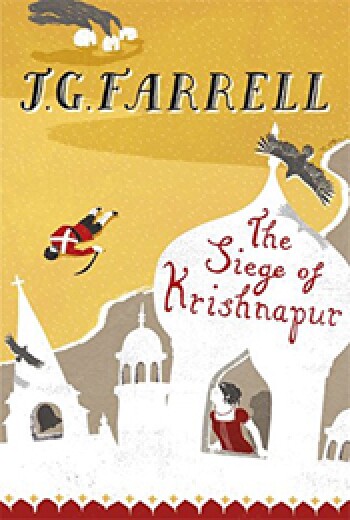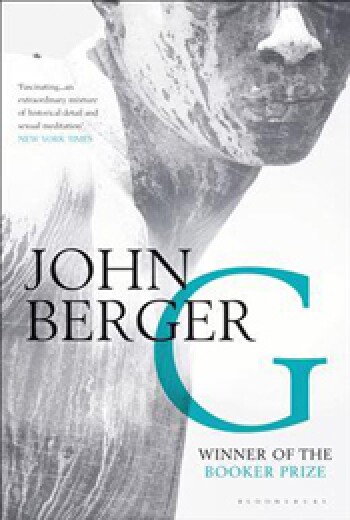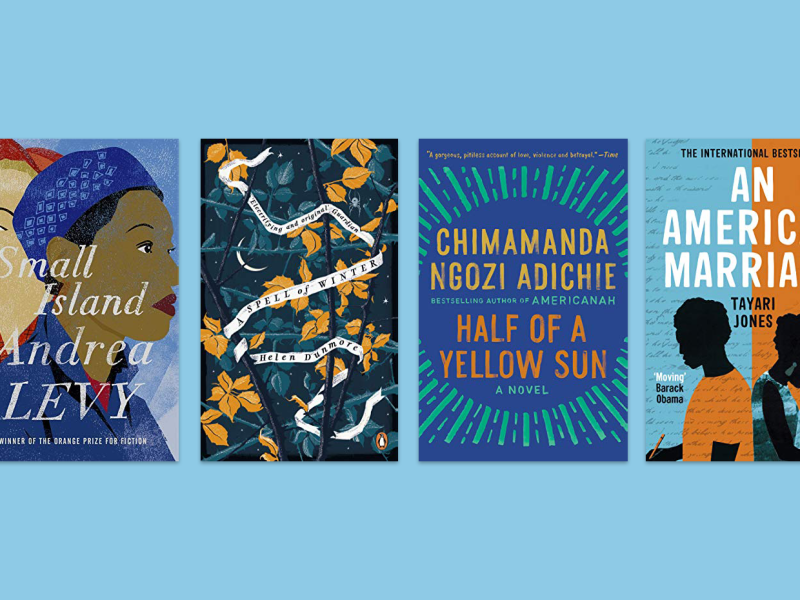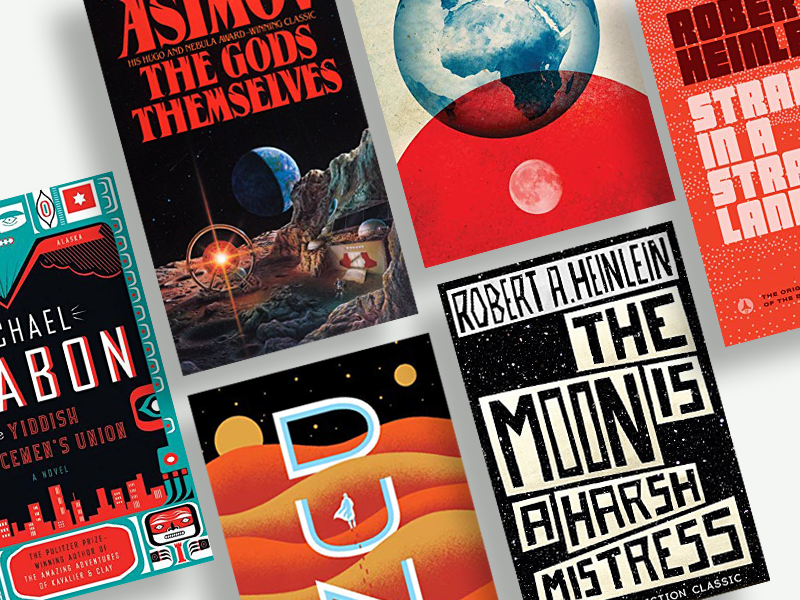When it began in 1969, the goal of the Booker Prize was to increase readership of quality fiction by celebrating and promoting the best books of the year. Orginally called the Man Booker Prize, it is one of the most prestigious awards in the book world. The winners enjoy a huge sales boost and some titles have become classics. Winning authors include Margaret Atwood, Ian McEwan, Michael Ondaatje and Kingsley Amis. Big-hitters Peter Carey, Hilary Mantel and J.M. Coetzee have multiple Booker victories.
The annual £50,000 prize (about $75,000 USD) is granted to the best novel originally written in English and published in the UK in the year of the prize, regardless of the nationality of the author. Until 2013, only writers from Commonwealth countries were eligible to win the prize. The winner is selected by a rotating panel of judges who pare a long list of about a dozen down to six, then one. It's not an easy task - three times, in 2019, 1992 and 1974, the judges declared a draw and selected two winners.
Author Graham Swift, winner of the 1996 Booker for Last Orders, said, "Prizes don't make writers and writers don't write to win prizes, but in the near-glut of literary awards now on offer, the Booker remains special. It's the one which, if we're completely honest, we most covet."
David Szalay wins the 2025 Booker Prize for Flesh. Written in sparse prose and spanning decades from a Hungarian housing estate to London's elite mansions, Flesh follows an emotionally detached man whose life is shaped by events beyond his control, exploring themes of physical existence and emotional distance through both presence and absence. The novel is the sixth work of fiction by David Szalay, who was previously shortlisted for the Booker in 2016.
Explore the winning books since 1969 - from P.H. Newby to 2025 winner David Szalay.































































